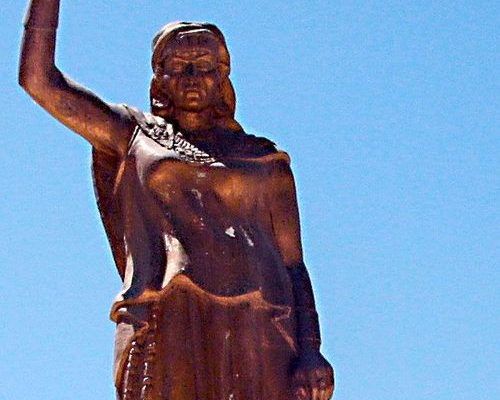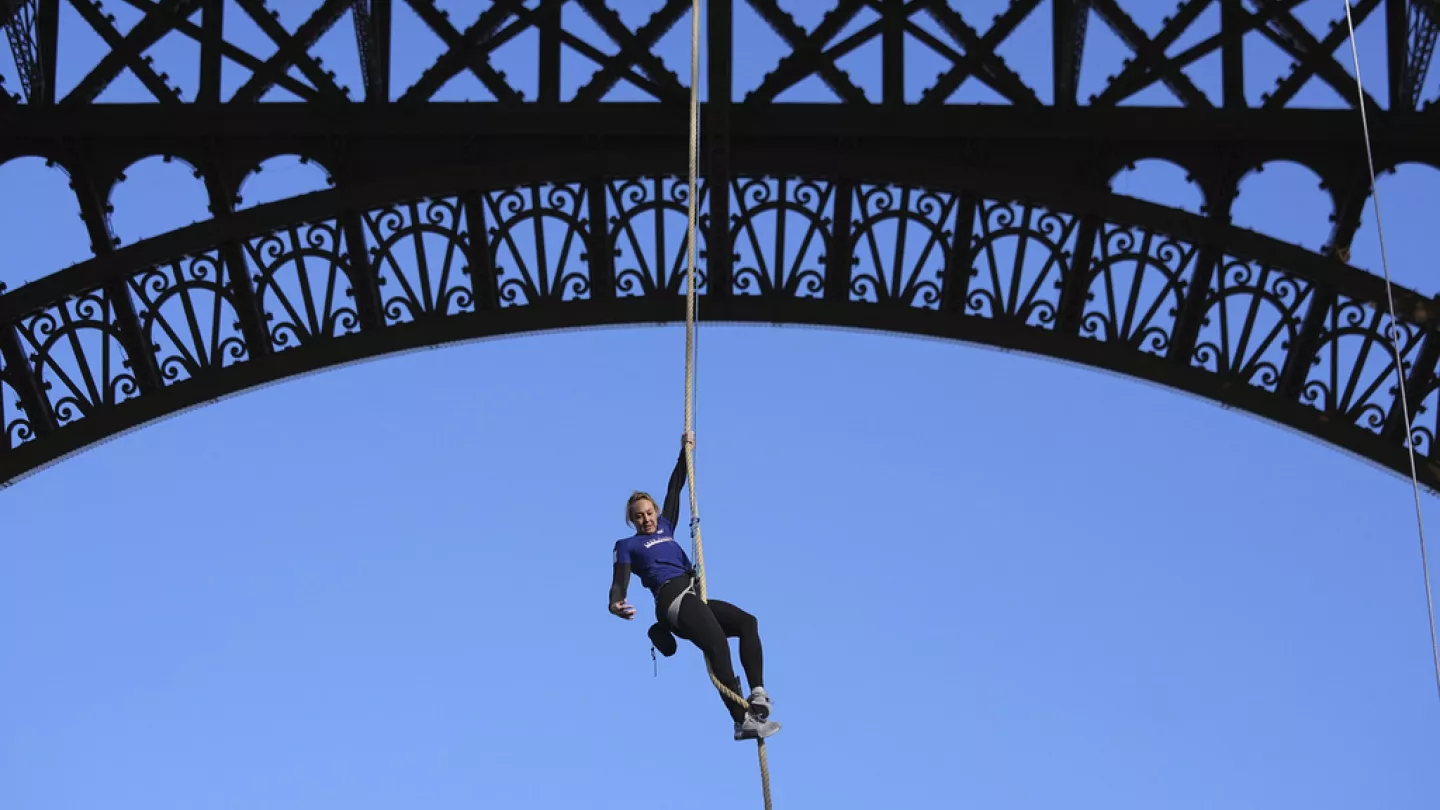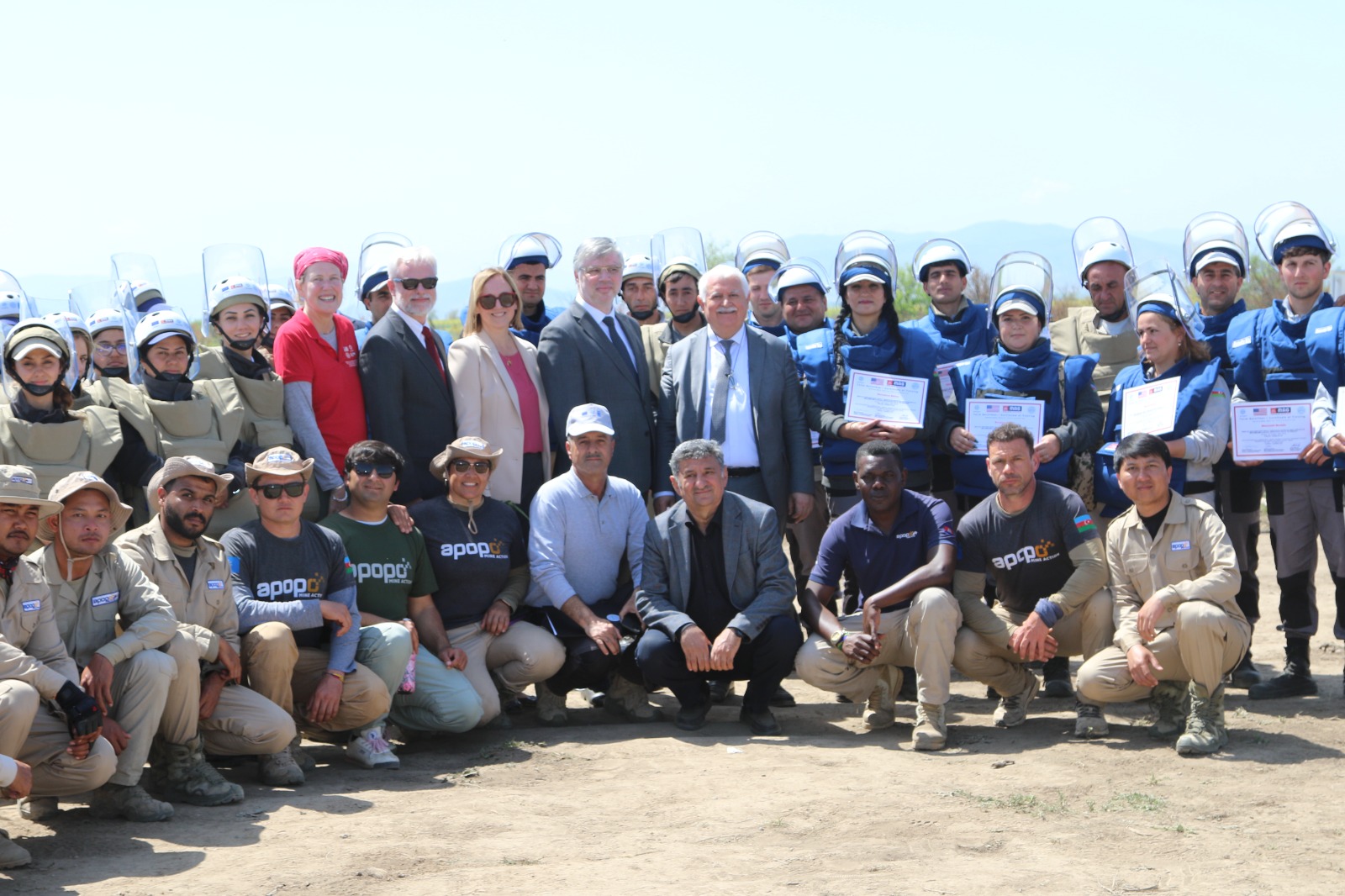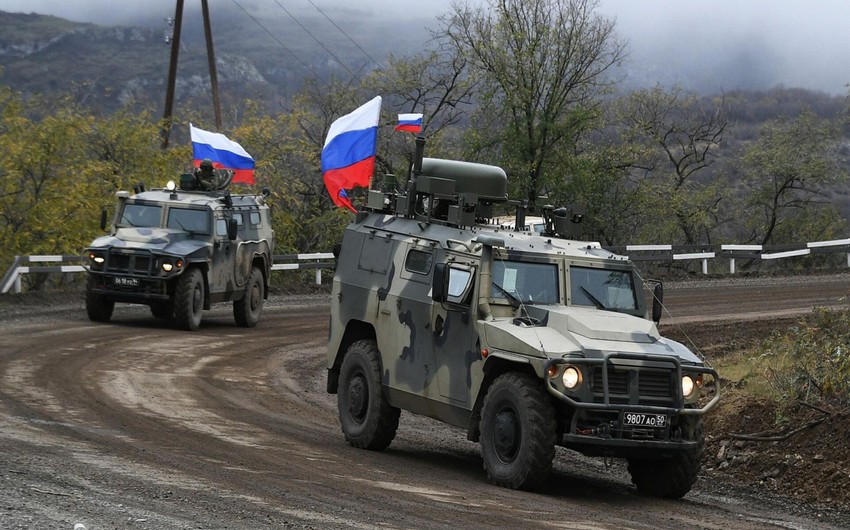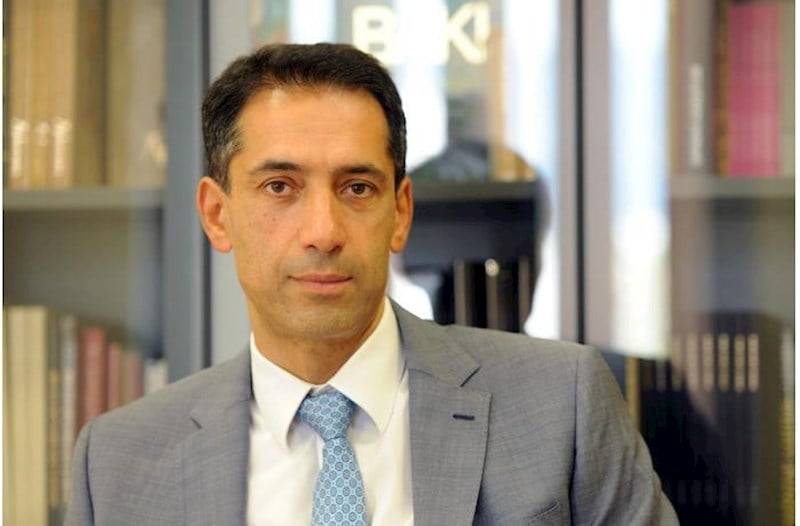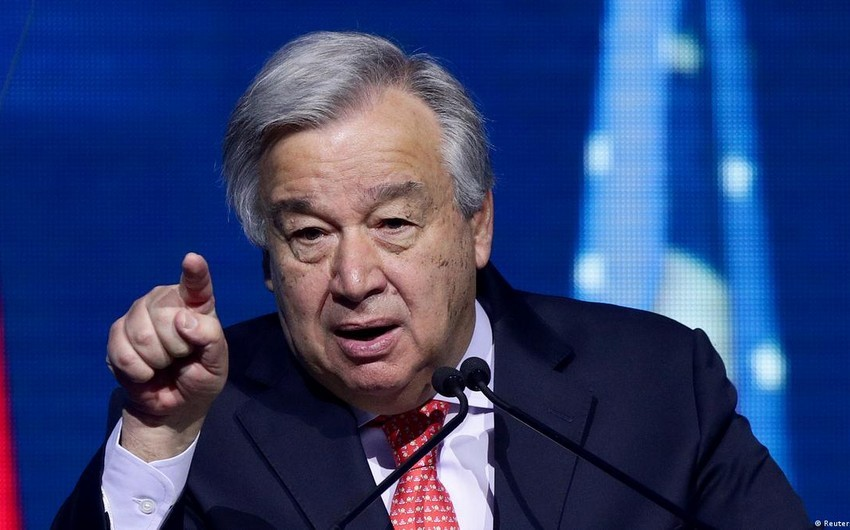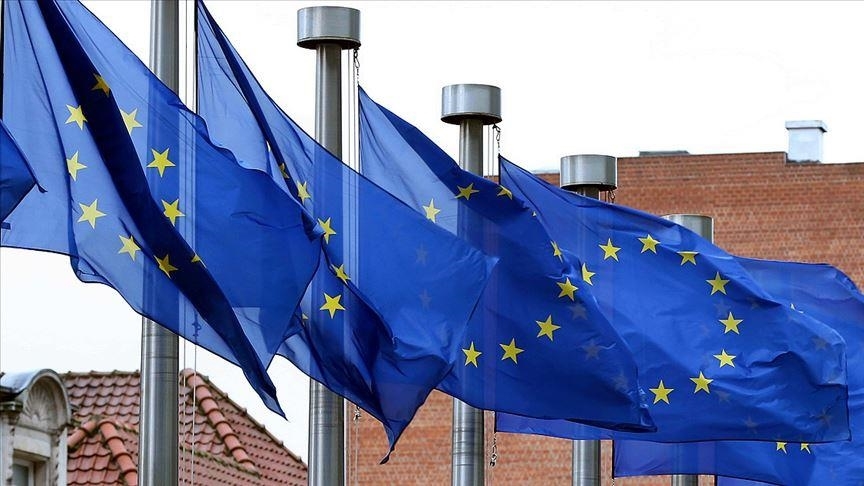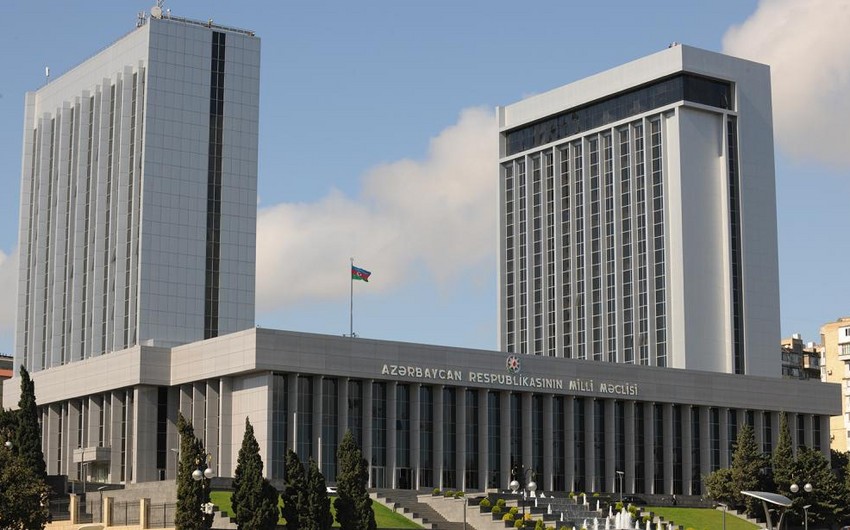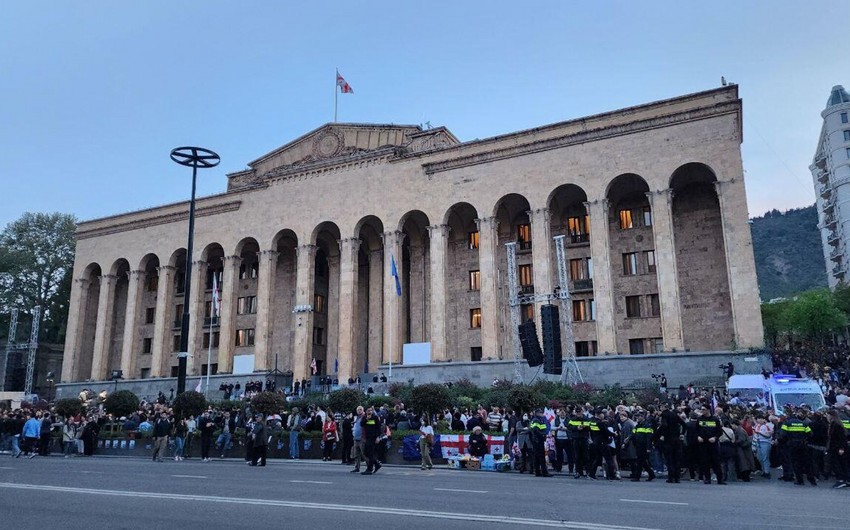Tall and powerful, the outnumbered female general named Dihya executed a final, stubborn act of defiance against an Arab army invading her homeland in northwestern Africa. Far from the stereotype of a meek, subservient Maghreb woman, the storied warrior from the Aurès Mountains of Algeria ordered her men to set fires, which prevailing winds carried to troops led by an Umayyad general named Hasan, forcing them to retreat to Libya.
“The land was so badly burned that any future campaigns would have to cross an arid wasteland without resources,” reports the Ancient History Encyclopedia. But Dihya wasn’t done.
She implemented an even more destructive scorched-earth policy to render the region undesirable to the Arabs. Dihya commanded her army to tear down fortifications, destroy cities and towns, and melt down the gold and silver. She also ordered fields burned and private gardens destroyed. Some scholars say, not surprisingly, that Dihya alienated herself from her people, weakening her position when Arab armies returned a few years later.
The indigenous Amazigh people of North Africa — known today as Berbers, a derogatory term they themselves do not use — resisted the remarkably rapid western expansion of Arab armies into areas of North Africa previously controlled by the Byzantines. By 647, Mesopotamia and Egypt had fallen, resulting in widespread adoption of Islam. Hasan captured Carthage in 698 in what is now Tunisia. Next up, the rest of the Maghreb.
Around 702, the Arabs invaded again. They pursued Dihya into the mountains and killed her near a well now called the “Well of the Kahina,” says Cynthia Becker, a Boston University associate professor specializing in Amazigh arts. (Dihya bore many names in legend and historical record — the most evocative is Kahina, which means “sorcerer” in Arabic, according to Yanee Nordine Benhaga, an Amazigh activist and medical scientist at Harvard Medical School). The name Kahina, the one most frequently used by Arabs, alludes to the warrior queen’s supposed ability to see into the future.
GROWING UP, AMAZIGH KIDS ALL OVER [NORTH AFRICA] HEAR STORIES … ABOUT A FEMALE WARRIOR WHO FOUGHT THE INVADERS FROM THE EAST.
YANEE NORDINE BENHAGA, AMAZIGH ACTIVIST
Some sources say that prior to her death, Dihya turned her two sons over to the Arabs so they could convert to Islam and escape her own fate, although the 9th-century historian Al-Waqidi and the 13th-century historian Ibn al-Athir both suggested her children were also killed. With Dihya’s death and the resulting dominion of the Arabs over North Africa, details of her life became a stew of myth and hyperbole.
“[N]o legend has articulated or promoted as many mythos, nor served as many ideologies as this one,” writes Abdelmajid Hannoum in Colonial Histories, Post-Colonial Memories: The Legend of the Kahina, a North African Heroine. Noting the warrior’s story was passed down through oral tradition for two centuries before it was first recorded in writing, Hannoum says that, over the years, North Africa — depending on the conqueror du jour — has been “sometimes Arab, sometimes French, sometimes Berber and sometimes Jewish.” He adds that Dihya’s legend is crucial in Islamic North African history because she represents a moment when the region “was reborn and regenerated.”

Amazigh women and their children in the High Atlas mountains of Morocco.
Ibn Khaldun, a 14th-century historian, perpetuated the idea that Dihya was a sorceress who came from Judaized Imazighen — a royal member of the Jarawa tribe who eventually became queen, according to the Ancient History Encyclopedia. Others claim she was Christian.
Some question whether she existed at all, although Benhaga considers whether or not there was a historical Dihya almost irrelevant, given that her legend continues to reinforce a strong identity among Amazigh women.
“Growing up, Amazigh kids all over Tamazgha [North Africa] hear stories narrated by grandmas about a female warrior who fought the invaders from the East,” says Benhaga, “and how she resisted for years before being killed.” Many Amazigh women, he continues, particularly in rural areas and especially in Algeria, look up to Dihya — and fiercely defend their families as she did.
Becker has documented various artworks throughout the country that glorify Dihya, including street art on a wall at the entrance to a village outside Tizi Ouzou, a city in north-central Algeria, and a 9-foot statue erected in Baghaï, a town and commune in northeastern Khenchela province — further indicating the extent to which her legend lives on among contemporary Algerians.
These representations of a female warrior reinforce the assertion by Amazigh activists that “prior to the arrival of Arabs, North African women enjoyed greater freedom and status than they do today,” Becker writes for the Mizan Project, a digital scholarship platform hosted by the Institute for the Study of Muslim Societies & Civilizations at Boston University’s Pardee School of Global Studies. “Growing up in southern Morocco,” adds Benhaga, “our grandmas were running all aspects of life in the village.”

